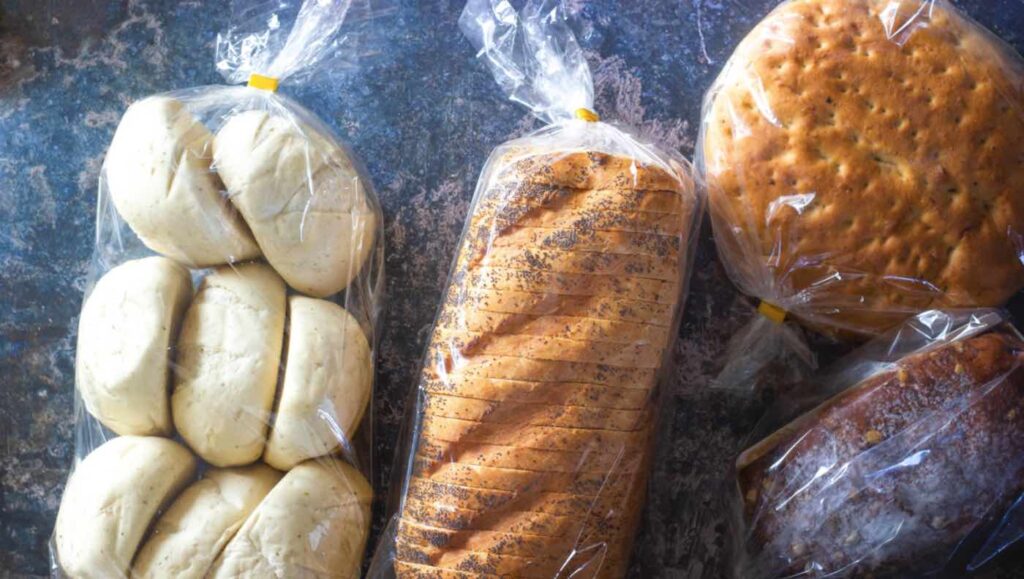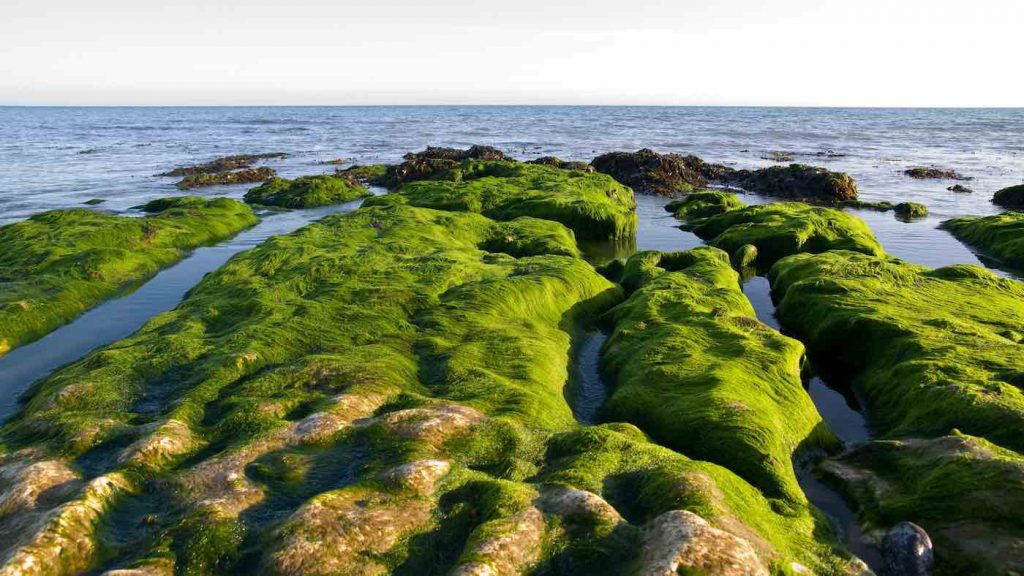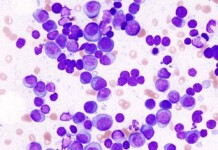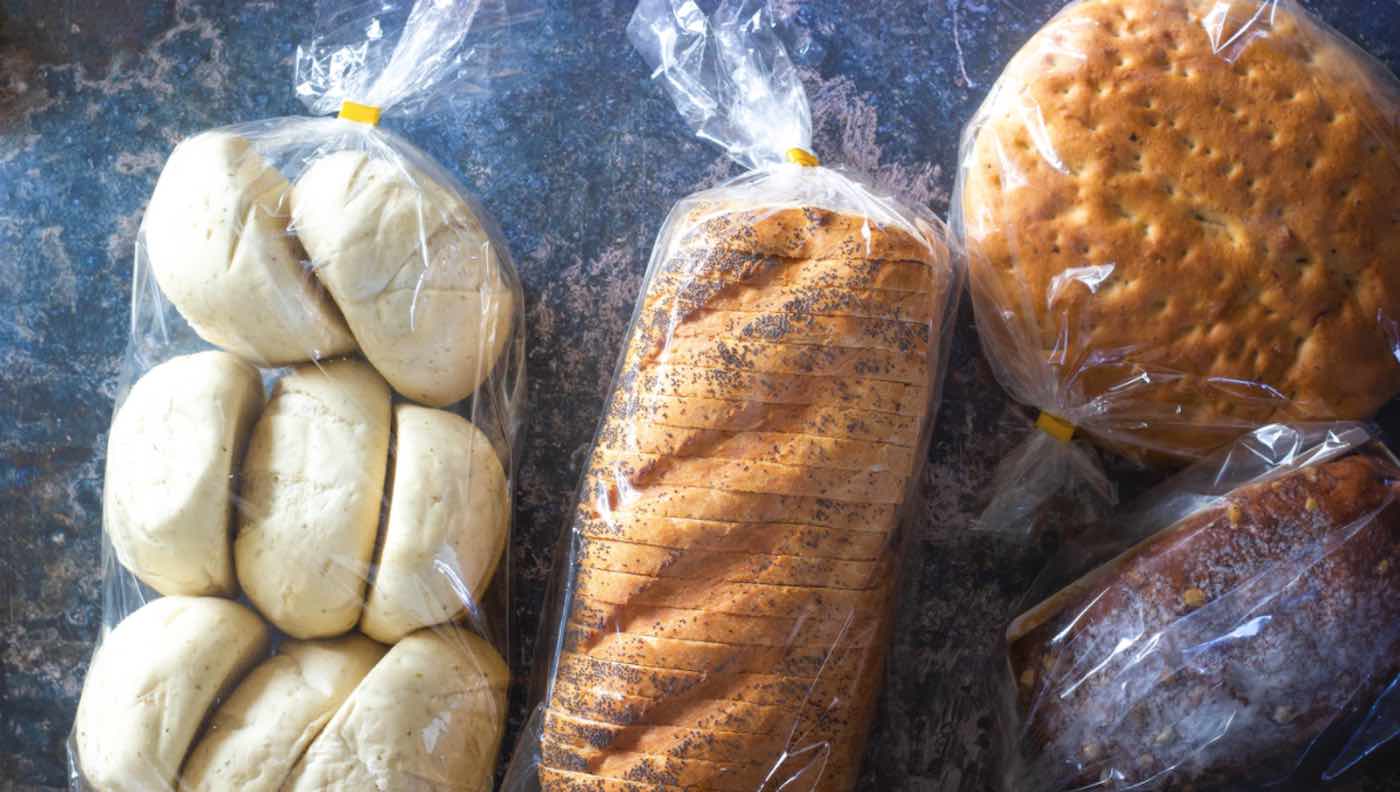Scientists from India and Russia have created edible food wrap for packaging produce, bakery, poultry, meat, and seafood.

Designed to replace one of the most un-recycled materials on the planet, the wrap consists of natural ingredients that are safe for the environment and humans.
The research, which was published in the Journal of Food Engineering, describes three types of food films based on the well-known naturally occurring seaweed biopolymer sodium alginate—a compound found within the cell walls of brown algae.
“Its molecules have film-forming properties,” said Rammohan Aluru, senior researcher at the organic synthesis laboratory at Ural Federal University, and co-author of the paper. “The greatest advantage of sodium alginate is that it performs as liquid-gel in an aqueous medium.”
Alginate molecules were cross-linked with a natural antioxidant ferulic acid (a derivative of cinnamic acid), and the delicious combination makes the film not only strong, but also homogeneous, more rigid, prolonging the life of the products, say the scientists.
RELATED: To Eliminate Plastic, College Grad Designs Ramen Packaging That Dissolves in Hot Water
“Food stays fresh longer due to the antioxidant components that slow down the oxidation processes,” said Grigory Zyryanov, professor of the Department of Organic and Biomolecular Chemistry at Ural Federal University. “
And, the films are water-soluble and dissolve by almost 90% in 24 hours.
In addition, we can add to the films natural antiviral agents, which will also extend the shelf life of food. Garlic, turmeric, and ginger contain compounds that may prevent the spread of the viruses.”
According to the authors, no special equipment for the production of films is required. On an industrial scale, it can be created by food products and film manufacturers.

“It can also be produced at a polymer production plant. The only condition is that it must meet the standards that apply to food production. And if an inexhaustible source of algae in the ocean is nearby it will be quite simple to create such films,” said Grigory Zyryanov.
Joined by scientists from the Sri Venkateswara and Sri Padmavati Mahila Viswavidyalayam Universities in India, the research was supported by that country’s University Grants Commission and the Central Institute of Plastics Engineering and Technology, also in India.
Sodium alginate is a well-known edible biopolymer of natural origin used as a thickener and stabilizer, and ferulic acid (the derivative of cinnamic acid) has a wide range of pharmacological properties, in particular, anti-inflammatory, antitumor, antitoxic, hepato- and cardioprotective, antiviral, and antibacterial ones, which is mainly due to the antioxidant properties of this acid.
FEED This Yummy Good News to Your Friends on Social Media…




















